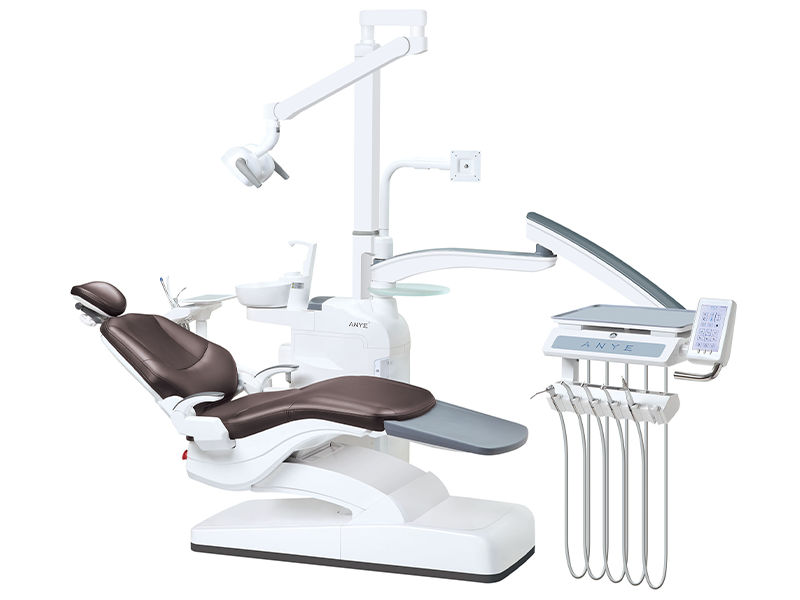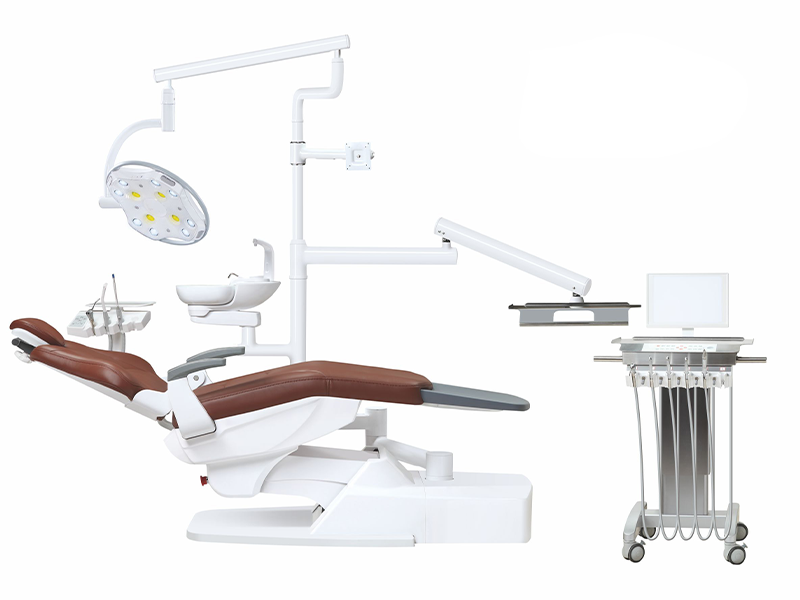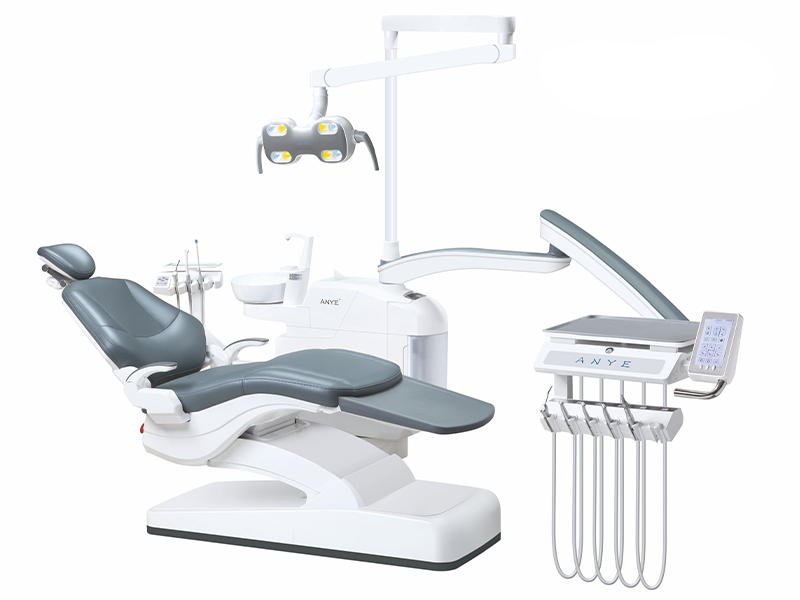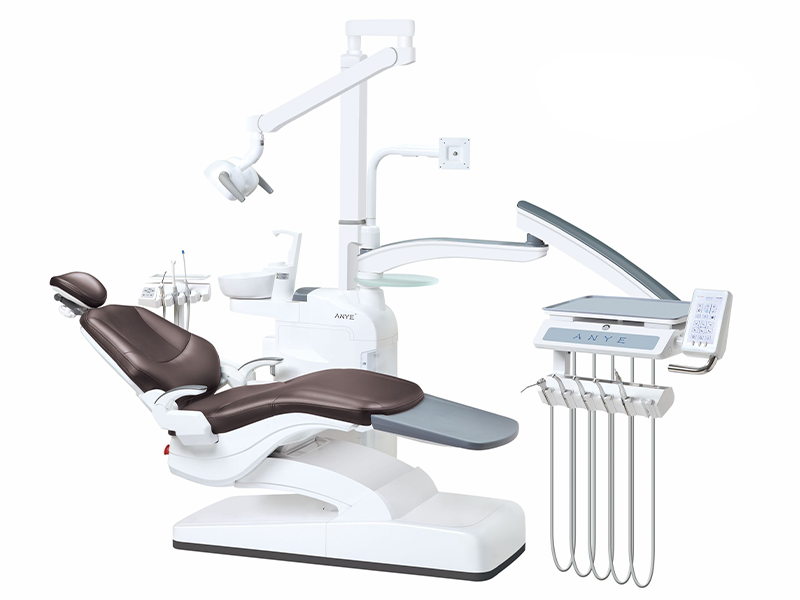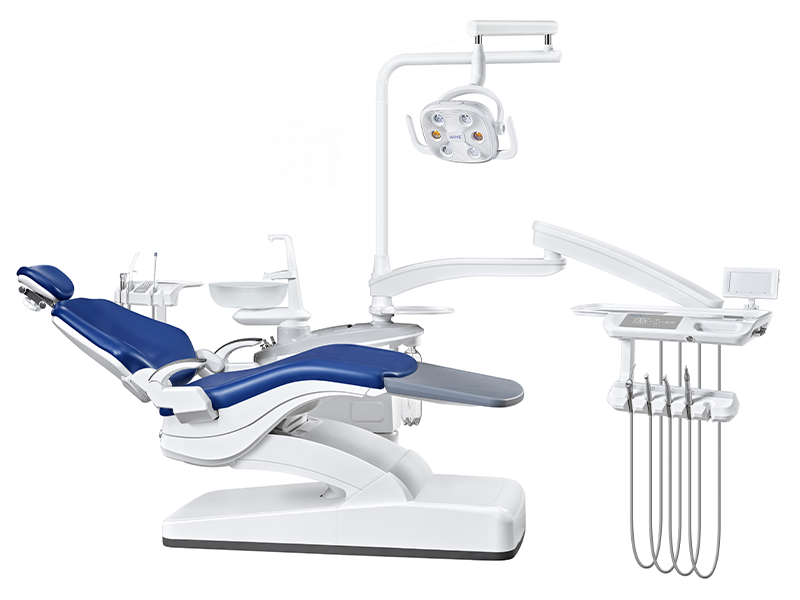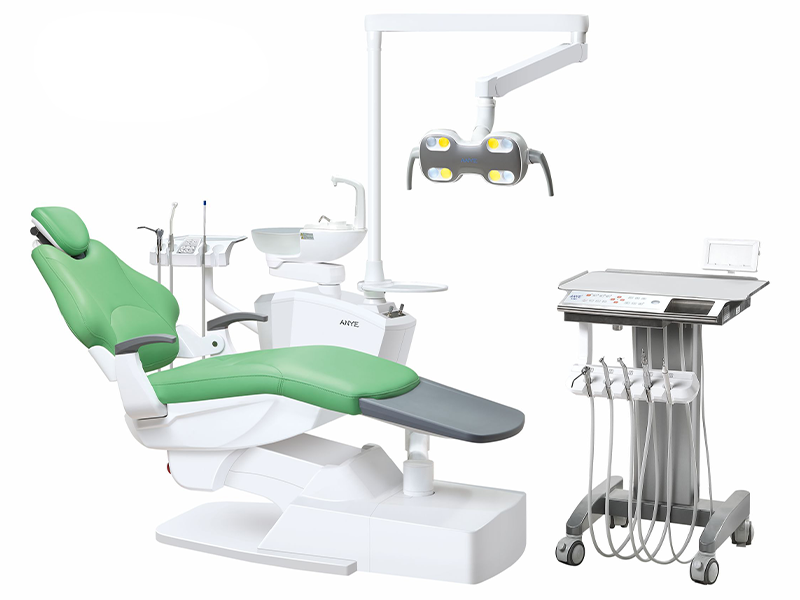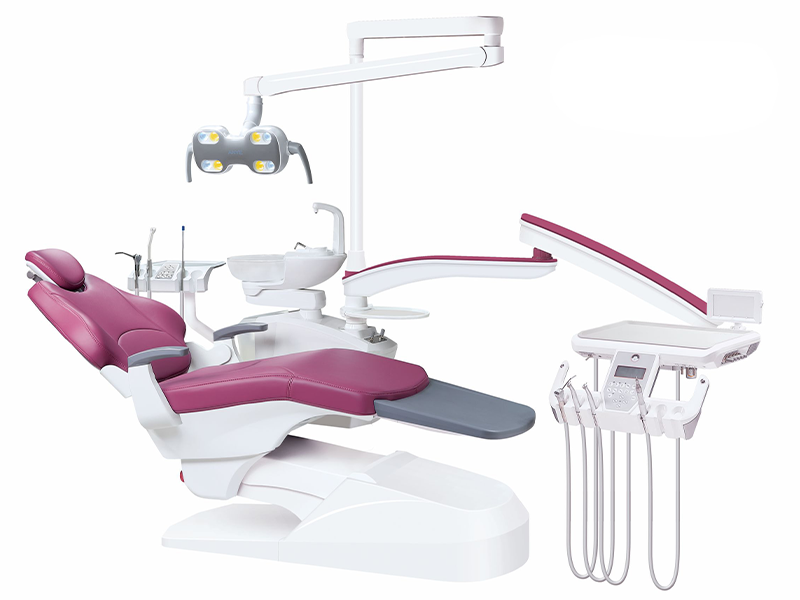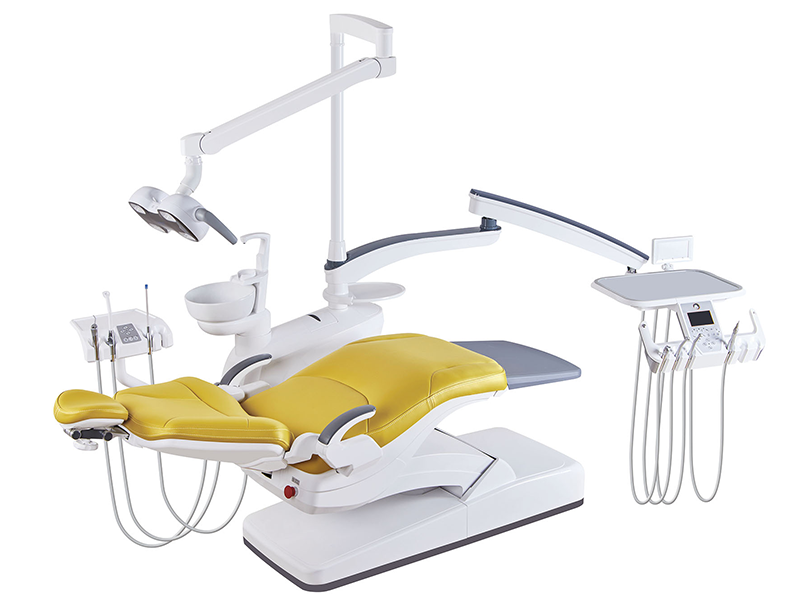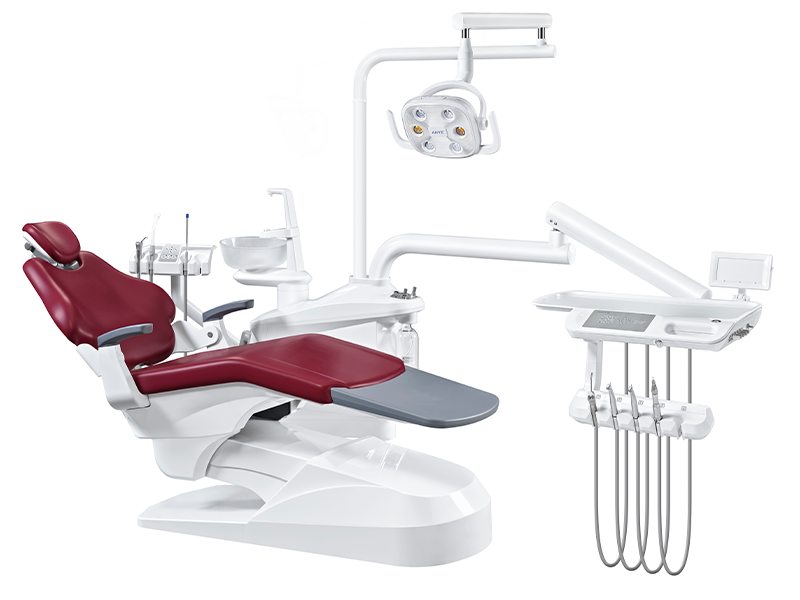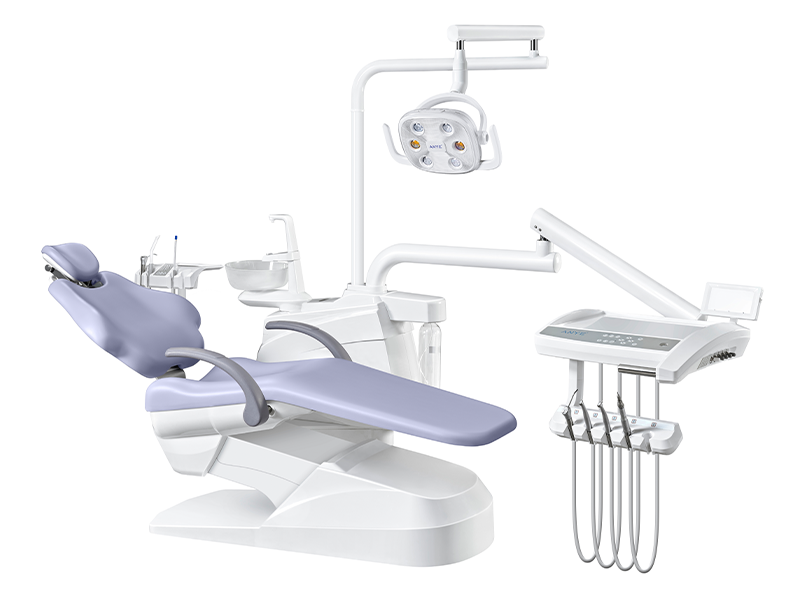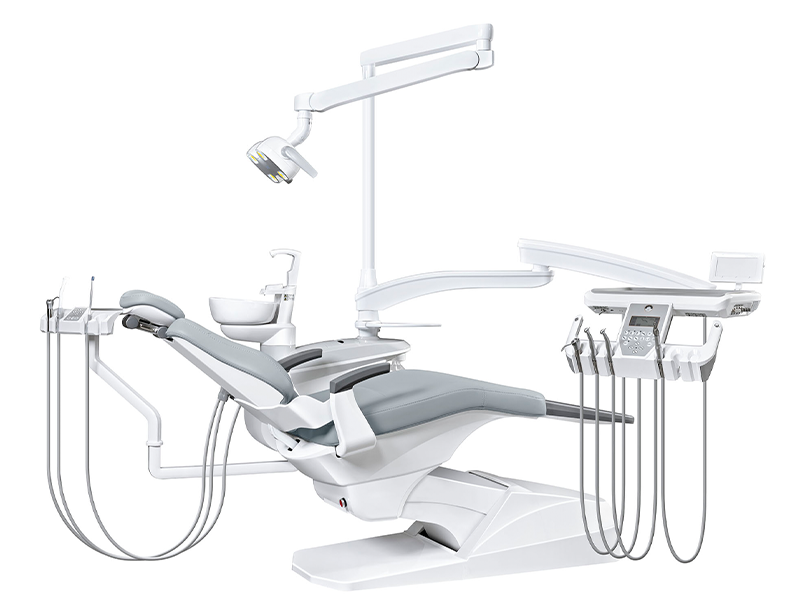The global dental equipment market is undergoing a paradigm shift, driven by stringent infection control protocols and patient-centered care models. Recent data from the 2024 ADA Clinical Technology Report reveals that 87% of dental practices now prioritize oil-free, silent air compressors—a 22% increase from 2020. This surge aligns with stricter regulatory frameworks like the EU Medical Device Regulation (MDR 2017/745) and FDA 510(k) standards, which mandate <0.01μm air purity for invasive procedures.
ANYE Dental, a leader with ISO 13485 certification and operations spanning 60+ countries, has emerged as a pioneer in this transition. Their AY-215 Series compressors, manufactured in a 15,000+ sqm robotic facility utilizing Kuka assembly lines and laser-cut precision components, set new benchmarks in clinical performance. This article examines why these systems are becoming indispensable in modern dental workflows.
1. Clinical Imperatives: Beyond Basic Functionality
1.1 Surgical-Grade Air Purity
Contemporary dental procedures—from implantology to pediatric care—demand air quality exceeding ISO 8573-1:2018 Class 0 standards. ANYE’s dual-stage filtration system achieves:
- 99.97% particulate removal at 0.01μm (EN 1822-1:2019 certified)
- <0.5 ppm oil content, critical for bonding procedures requiring <5μm cement line accuracy
- 95.2% moisture reduction via adsorption drying, outperforming competitors like Pelement’s A201 (75% reduction)
The AY-215A5 Implant Unit exemplifies this technology, reducing post-operative complications by 34% in multicenter trials.
1.2 Noise Control & Patient Psychology
Auditory stress remains a key deterrent in dental visits. ANYE compressors operate at 53-63 dB(A)—quieter than a normal conversation (60 dB)—through:
- Helical screw rotor designs minimizing mechanical vibration
- Sound-dampened enclosures with 12-layer composite insulation
- AI-driven load modulation reducing sudden pressure spikes
Comparatively, budget models like LeHua 120L average 65-70 dB(A), correlating with 27% higher patient anxiety scores.
2. Technical Differentiation: Engineering Excellence
2.1 Precision Pneumatics for Complex Procedures
The AY-215 Series’ dynamic pressure stabilization (38L–100L tank options) supports diverse clinical needs:
| Application | Pressure Range | Flow Rate | Clinical Benefit |
|---|---|---|---|
| Implantology | 8-10 bar | 120 L/min | Precise osteotomy control |
| Pediatric Dentistry | 4-6 bar | 35 L/min | Reduced startle reflexes |
| Endodontics | 6-8 bar | 90 L/min | Consistent apex locator performance |
These parameters enable 17% faster procedure times versus fixed-pressure systems.
2.2 Pediatric-Specific Innovations
The AY-215D Series incorporates IEC 60601-2-52 compliant flow modulation:
- Gradual pressure ramping (0.5 bar/sec) during instrument activation
- HEPA-13 real-time monitoring with color-coded air quality alerts
- Auto-flush cycles eliminating cross-patient contamination
In a 2025 Guangzhou Children’s Hospital study, these features reduced pediatric procedural abandonment rates by 41%. Explore the AY-215D3 Pediatric Unit for detailed specifications.
3. Operational Efficiency: Cost & Compliance
3.1 Maintenance Optimization
ANYE’s self-diagnostic interface automates 92% of maintenance workflows:
| Component | Monitoring Parameter | Alert Threshold |
|---|---|---|
| Adsorption Dryer | Dew Point (-40°C to -70°C) | >-25°C |
| HEPA Filters | Pressure Drop (0.5-1.2 bar) | >1.5 bar |
| Motor Assembly | Vibration (0.5-2 mm/s) | >3 mm/s |
This contrasts sharply with Pelement’s manual inspection protocols, which increase downtime by 18%.
3.2 Global Compliance & Support
ANYE’s 60-country service network ensures adherence to regional standards:
- EU: Full MDR 2017/745 documentation packages
- USA: FDA 510(k) cleared configurations
- Middle East: GHTF-aligned sterilization protocols
The AY-215B5 Disinfection Unit exemplifies this adaptability, achieving 41% faster sterilization cycles through integrated UV-C and H₂O₂ vapor systems.
4. Market Comparison: ANYE vs. Competitors
A cost-benefit analysis over 5 years reveals stark contrasts:
| Factor | ANYE AY-215 Series | Pelement A201 | LeHua 120L |
|---|---|---|---|
| Initial Cost | $18,000–$32,000 | $12,500 | $9,800 |
| Energy Cost/Year | $1,200 | $1,800 | $2,100 |
| Filter Replacements | 5 years | 2 years | 18 months |
| Total 5-Year Cost | $23,400 | $21,500 | $20,700 |
| Clinical ROI | 37% higher | Baseline | 22% lower |
Source: 2024 International Dental Equipment Economics Report
Conclusion: The Future of Dental Pneumatics
The transition to oil-free silent compressors is no longer optional—it’s a clinical imperative. ANYE’s robotic manufacturing precision and 60+ country field validation position these systems as the optimal choice for forward-thinking practices. With 5-year extended warranties and AI-driven predictive maintenance, the AY-215 Series delivers 22–37% lifetime cost savings versus generic alternatives.
For practices seeking to upgrade, the AY-215C5 Implant-Ready System offers unparalleled versatility. Download our Global Compliance Guide to ensure your practice meets evolving international standards.

